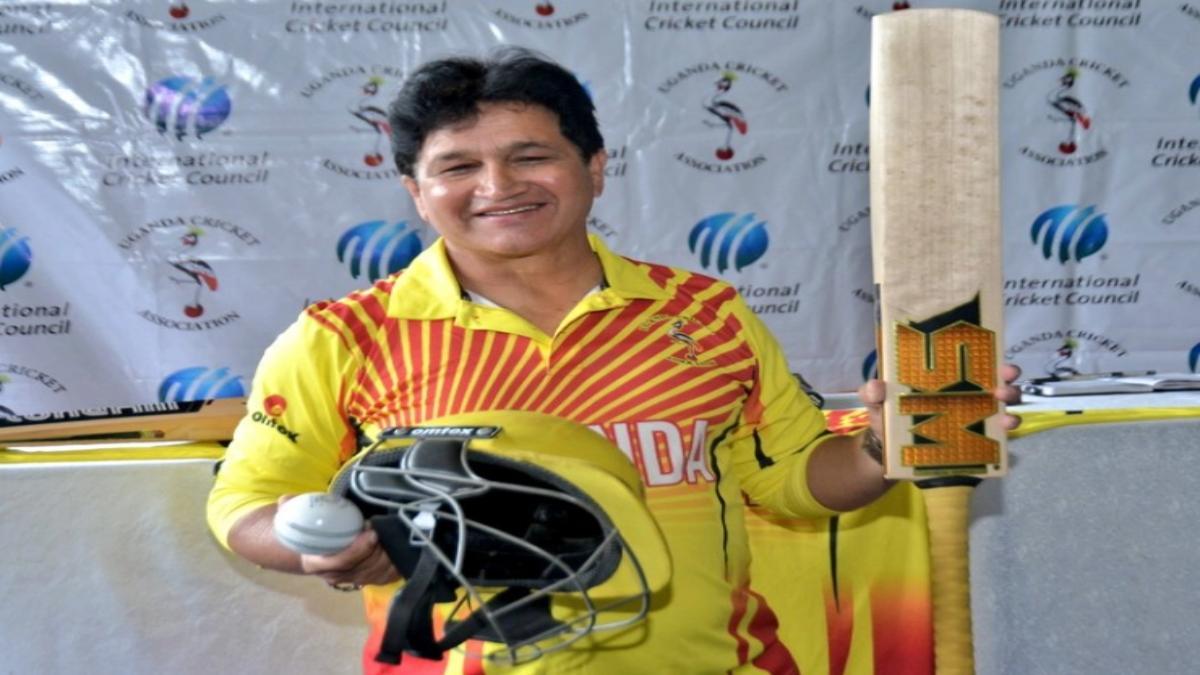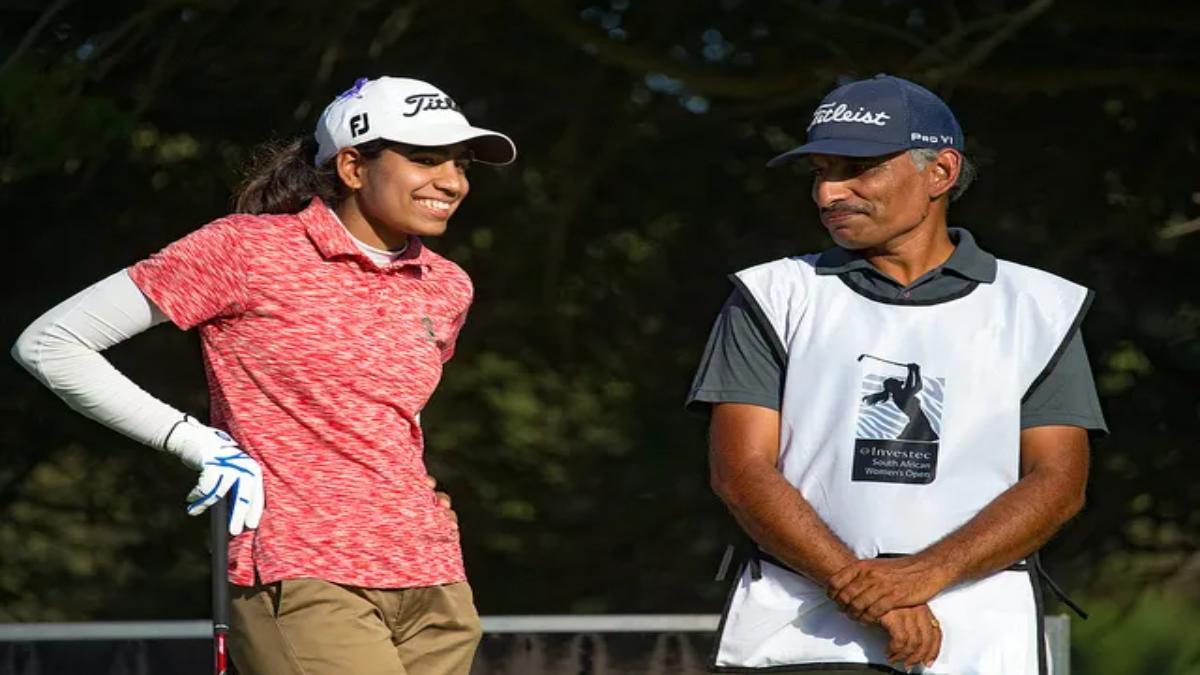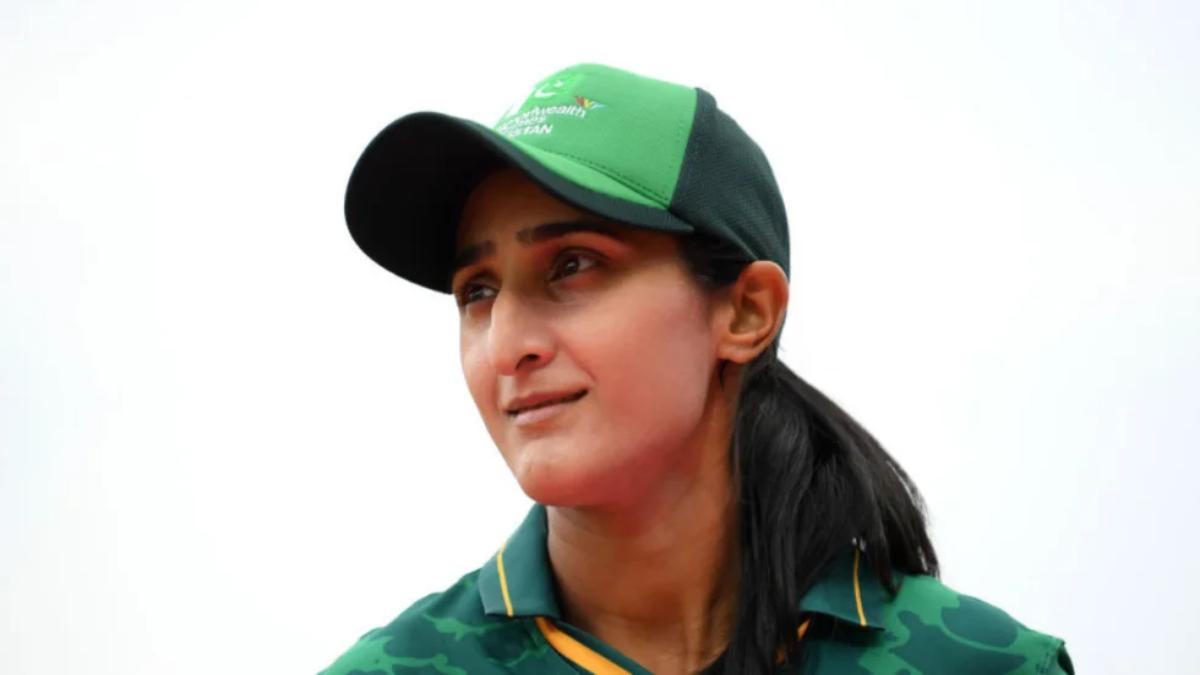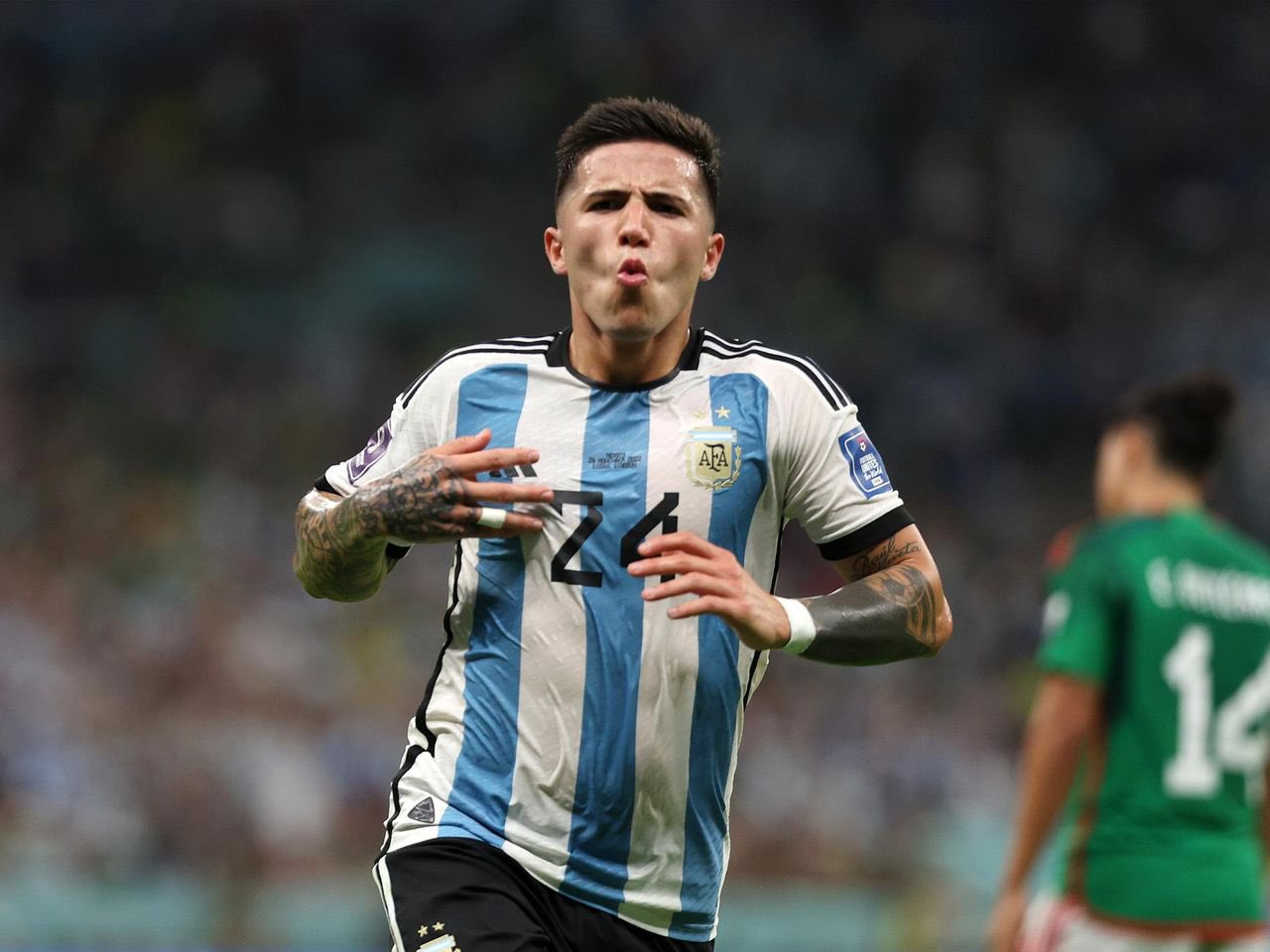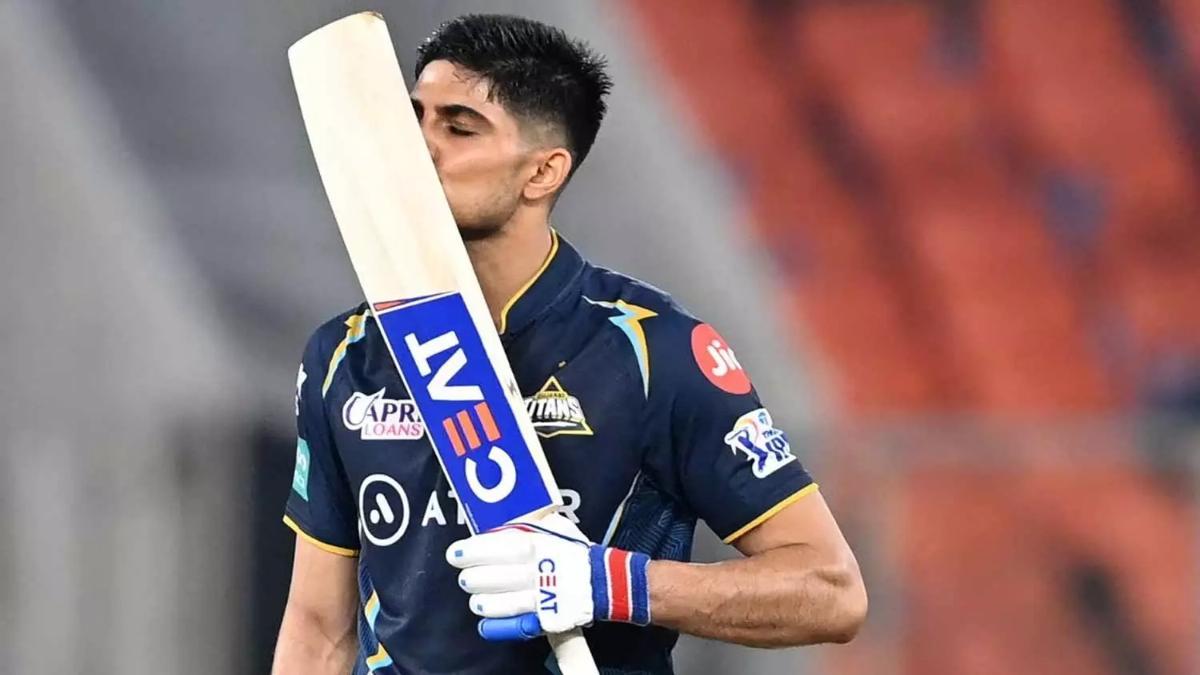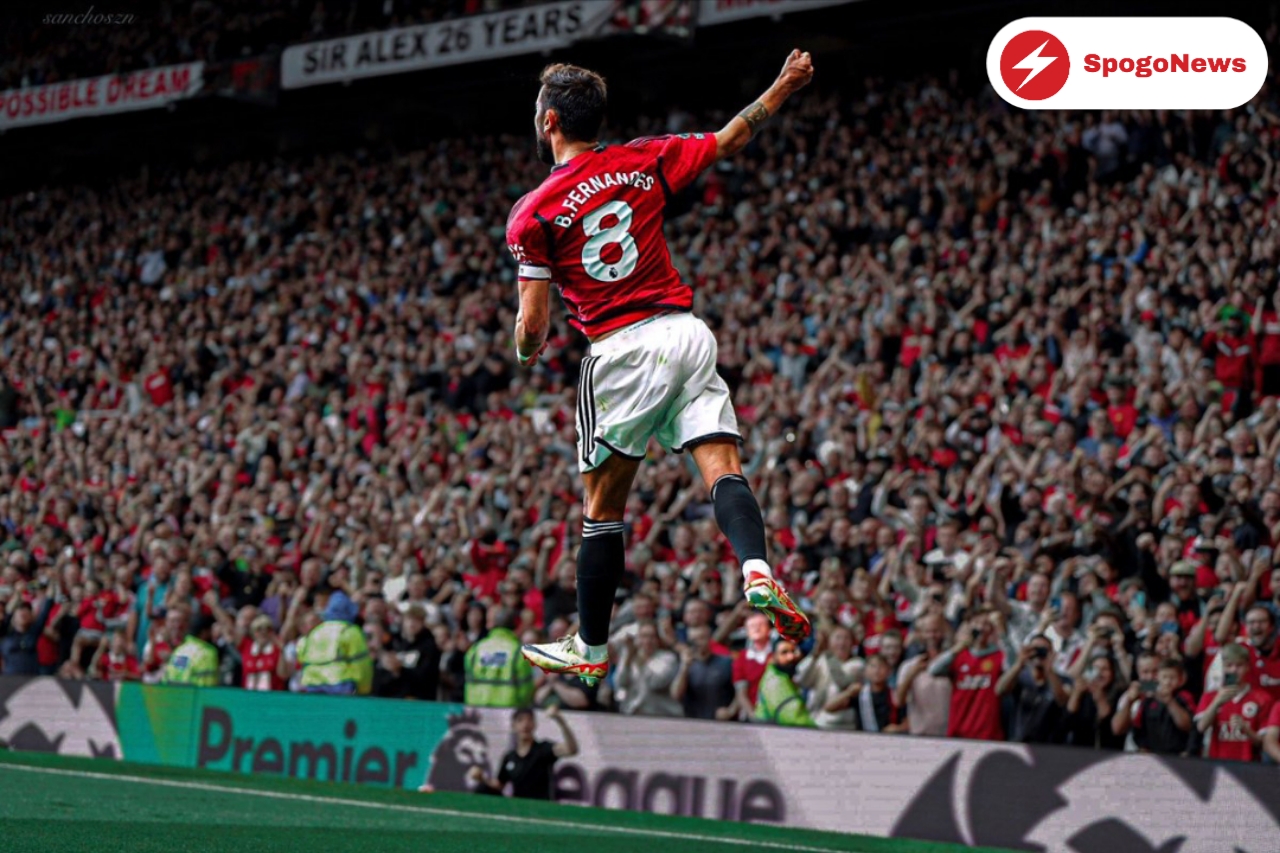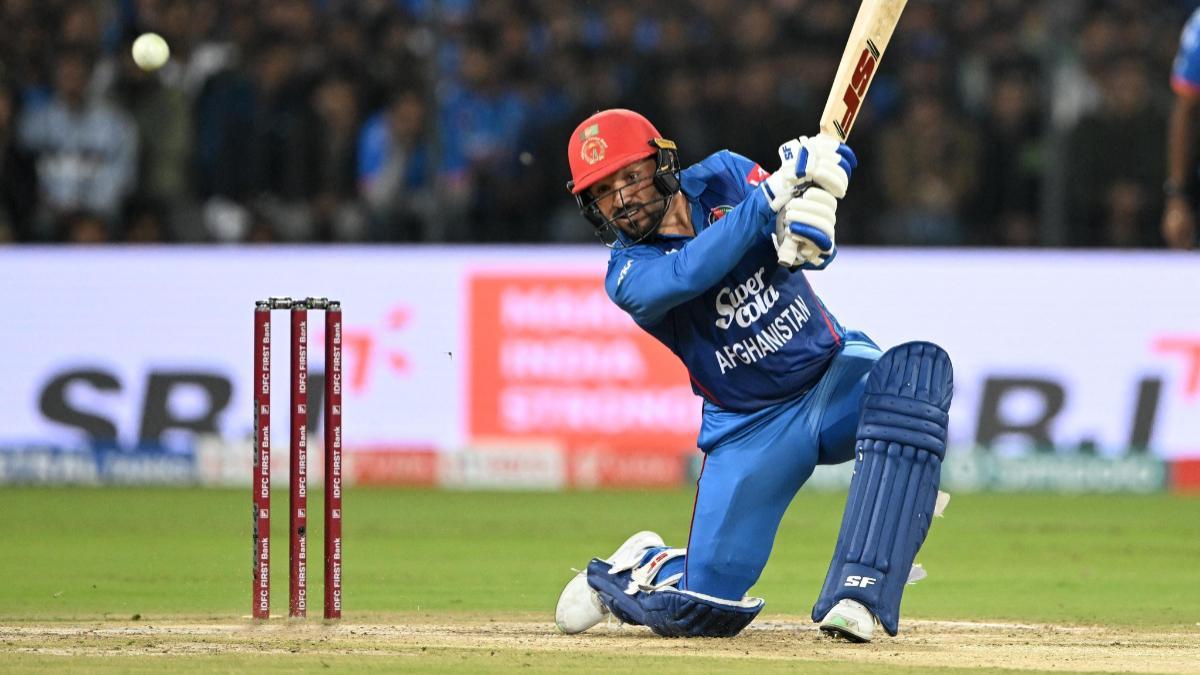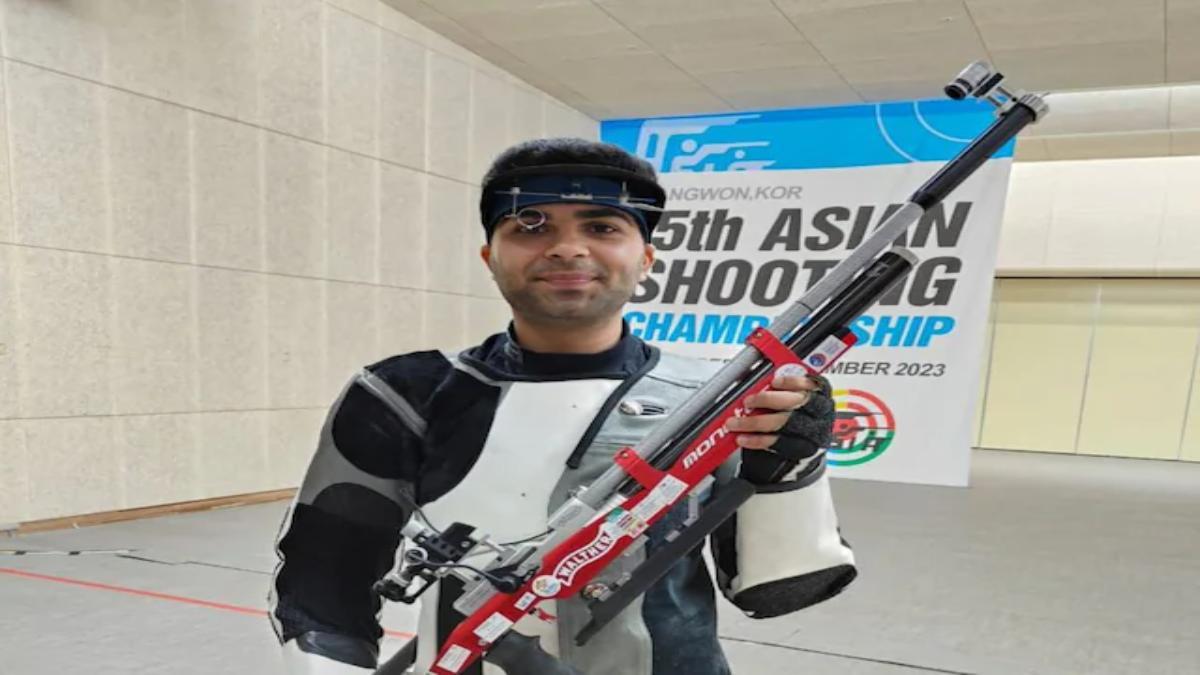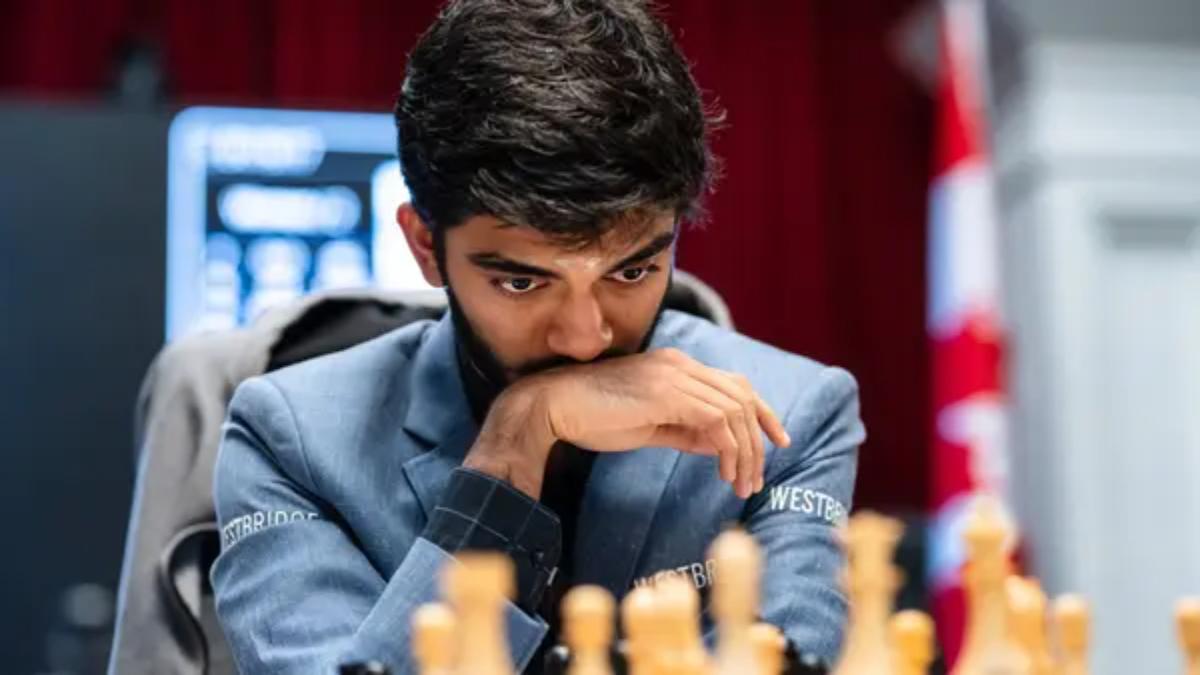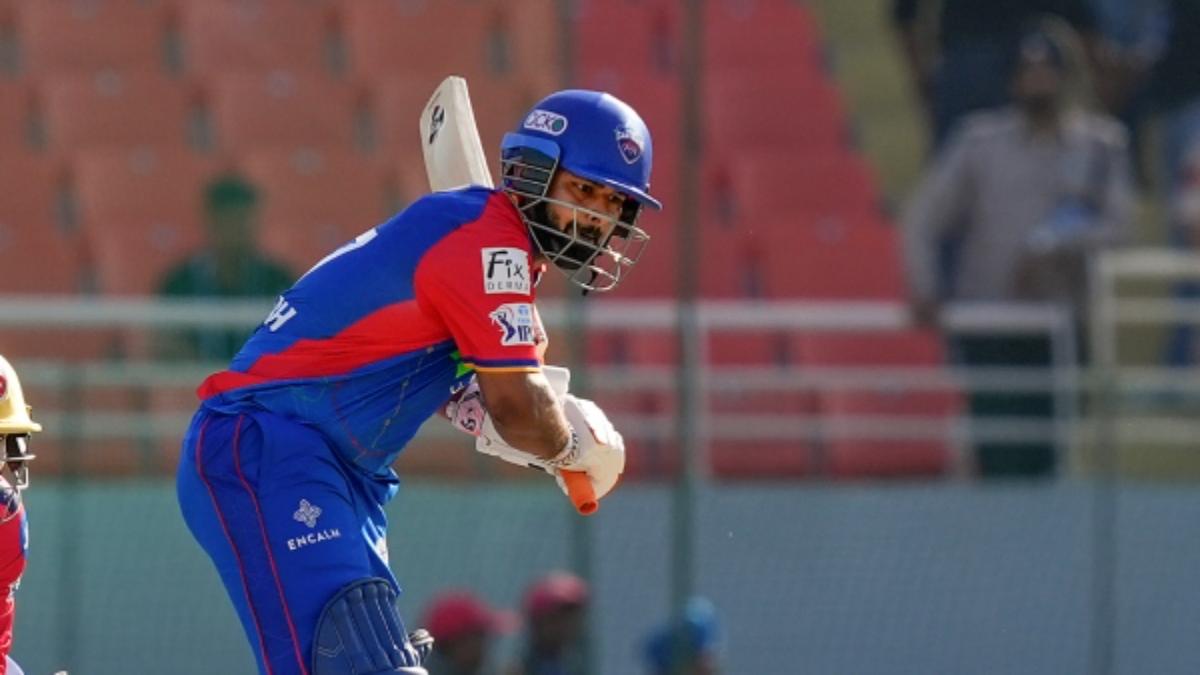American Skateboarder Alana Smith who uses the pronouns they/them became the first ever openly nonbinary athlete to compete at the Olympics. The American claimed that their goal going into the Olympics was to be happy and be a visual representation for humans like themself.
Despite finishing last in their race, women's street, on Monday, Smith wrote later that day in an emotional post that for the first time in their whole life, they are proud of the person they’ve fought to become. Smith, 20, has previously spoken up about attempting suicide as a teen and stated that they were thankful to be alive after competing in the Olympics.
Canadian Soccer Player Quinn and weightlifter Laurel Hubbard, of New Zealand became the first-ever openly transgender athletes who took part in Olympics.
It didn't last long, but it made a real difference. On Monday night, Hubbard failed to execute any of her first three lifts, therefore eliminating her from medal contention in the women's over-87-kilogram event. Before departing the competition arena, Hubbard made a heart sign to the spectators with her hands.
Hubbard’s inclusion in the games came with much controversy and public scrutiny. The weightlifter who is known to shy away from the public didn’t escape comments from fellow competitors either, who thought her involvement was just a ‘bad joke.’
Quinn, the single-named star athlete, also made history by becoming the first trans and non-binary athlete to earn a medal at the Tokyo 2020 Olympic Games. The Canadian wasn't thinking solely about medals. The footballer, who also uses they and them pronouns, told CBC Sports that they've been getting messages from young people saying they've never seen a trans person in sports before.
The 25-year-old has played a part in winning a bronze medal with the team in Rio de Janeiro in 2016 — but they were not publicly recognised to be trans at the time. The International Olympic Committee (IOC) approved transgender athletes competing in women's competitions without undergoing gender reassignment surgery in 2015.
"First openly trans Olympian to compete. I don't know how to feel," they wrote in a post on Instagram."I feel proud seeing "Quinn" up on the line-up and on my accreditation. I feel sad knowing there were Olympians before me unable to live their truth because of the world. I feel optimistic for change. Change in legislature. Changes in rules, structures, and mindsets. Mostly, I feel aware of the realities. Trans girls being banned from sports. Trans women facing discrimination and bias while trying to pursue their Olympic dreams. The fight isn't close to over … and I'll celebrate when we're all here."
Also read: What it means to be a woman in sports




